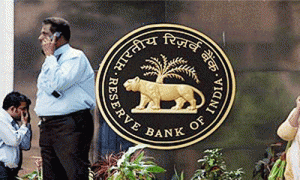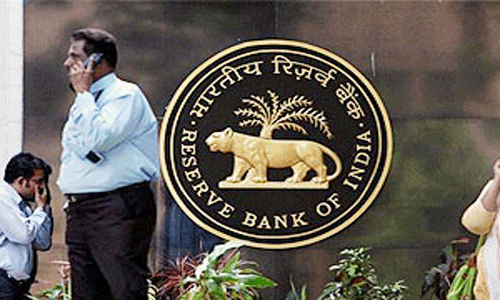 Track2Realty: The Reserve Bank of India (RBI) has released final guidelines for issuing new bank licences on Friday. This will pave a way for corporate houses to enter the banking sector.
Track2Realty: The Reserve Bank of India (RBI) has released final guidelines for issuing new bank licences on Friday. This will pave a way for corporate houses to enter the banking sector.
According to the guidelines, entities or groups in the private sector, entities in public sector and Non-Banking Financial Companies (NBFCs) shall now be eligible to set up a bank through a wholly-owned Non-Operative Financial Holding Company (NOFHC).
RBI has not excluded companies or entities from any specific industry from applying for a new bank licence. However, in a draft rule issued last year, the central bank had excluded companies in the real-estate and broking firms applying for the new bank licences.
While applying for a banking license, the NOFHC should be wholly owned by the Promoter / Promoter Group. The bank can later get its shares listed on the stock exchanges within three years of the commencement of business by the bank.
According to these guidelines, entities or groups will be required to have a past record of sound credentials and integrity. The companies should be financially sound with a successful track record of 10 years. For this purpose, the banking regulator may seek feedback from other regulators and enforcement and investigative agencies.
RBI said it will allow applications for new bank licences until July 1, 2013, and in its statement. No new Indian bank has been formed since Yes Bank in 2004.
RBI sets 49% cap on foreign holding in new banks and minimum paid-up equity capital at Rs 500 crore.
RBI says foreign shareholding in new banks shall not exceed 45 pct for first 5 years; applicant banks must open at least 25% branches in unbanked rural areas.





